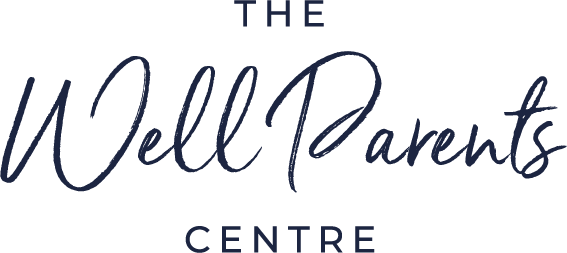Coping With The Challenges of COVID-19
QUICK TIPS:
1) Acknowledge your feelings with compassion.
2) Let go of expectations and perfectionistic standards in order to prioritize mental health (this is not the time to be a pinterest parent- unless it gives you joy).
3) Get outside if you can (maintaining physical distance from others).
4) Practice relaxation (breathing, progressive muscle relaxation, yoga, music, etc.).
5) Limit reading news and make sure your sources are accurate and trustworthy (e.g., Health Canada).
6) Connect socially. Physical distancing means we need to work extra hard to connect with others virtually. We are social animals.
7) Practice gratitude. List 3 things you are grateful for daily (e.g., In the morning, at dinnertime, at bedtime).
8) Pleasant activities. Give yourself permission to distract yourself and enjoy yourself when you can.
9) Exercise indoors or outdoors. This helps with stress, anxiety, mood and sleep.
10) Create a flexible routine. Children and adults thrive on keeping regular but flexible routines, as opposed to strict schedules or no routine.
If you are anxious right now about the implications of COVID-19, please know that we understand. Uncertainty is a breeding ground for anxiety. The current situation is uncertain and changing every day, and sometimes every hour. For more support or to learn about managing anxiety and stress during these uncertain times, visit our Psychotherapy Toronto page for resources and professional help.
If you are anxious right now about the implications of COVID-19, please know that we understand. Uncertainty is a breeding ground for anxiety. The current situation is uncertain and changing every day, and sometimes every hour.
We believe it is important to hope for the best and prepare for the worst. We are trying to be informed. We are trying to be cautious but calm. We are trying to stay level-headed and not imagine worst case scenarios. We are trying to be open to the upcoming change in daily routines. It is hard.
Nobody has ever felt less anxious by being told not to feel anxious. In fact, it can make us feel invalidated and it can make us defend why we are anxious, which can actually strengthen our anxiety. Instead what we need is compassion from others, self-compassion, information from trusted sources (like Health Canada), and actionable plans.
We suppose “Don’t panic” was never meant to mean don’t feel anxious. If it is intended to mean that we should not act in ways that are unreasonable (like hoarding important supplies), then absolutely do not do that. But please feel however you feel. Acknowledge the feeling, have compassion for yourself that you are going through a hard time, find ways to calm yourself (but this does not negate the fact that there are legitimate concerns), and find ways to turn your anxiety into planning and action (e.g., thinking about how will I be covering childcare, how will I manage economic implications, who could I ask for help if I became ill?). We will all get through this. Please know you are not alone if you are having trouble coping.
If you're struggling to adjust or need strategies to cope with the changing realities, consider reaching out through our Family Therapy services, where we offer support for families navigating these challenging times.
